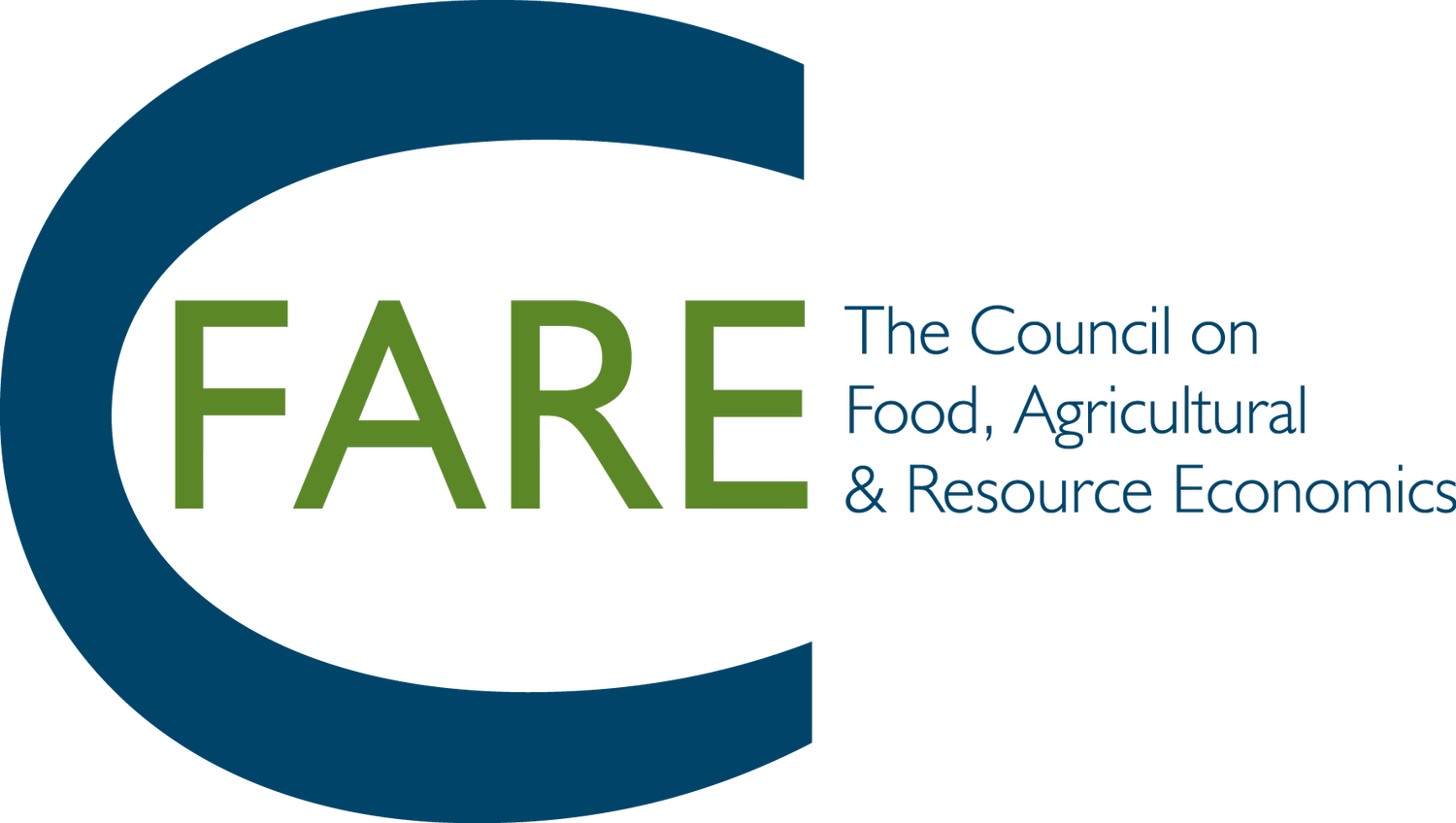Incorporating Natural Capital into Economic Decision Making
On Earth Day, 2022, President Biden made protecting and restoring nature and using nature-based solutions a core tenant of U.S. national Policy by signing Executive Order 14072, Strengthening the Nation’s Forests, Communities, and Local Economies. Natural assets, including water, soil, air, and forests, play a role in sustaining and powering our economy. However, the data we rely on to measure the economy is mostly disconnected from the natural world. Natural capital includes resources we easily recognize and measure, such as minerals and energy, timber, agricultural land, fisheries, and water. Nevertheless, it also includes many of nature’s vital services, including air and water filtration, flood protection, carbon storage, pollination for crops, and habitat for fisheries and wildlife. Currently, national accounting does not consider these services to contribute to the economy.
The C-FARE March webinar brings together three experts to discuss natural capital accounting.
Ken Bagstad – An Introduction to Natural Capital Accounting
Ken Bagstad provides an insightful introduction to natural capital accounting during a recent webinar, emphasizing the collaborative efforts that have propelled this initiative forward. Notably, experimental work in the US between 2016 and 2022 laid the groundwork for the later implementation of natural capital accounts, following President Biden's Executive Order 14072, which mandated the creation of a national natural capital accounts system. While traditional economic statistics are valuable, they overlook the crucial role of natural resources, leading to significant gaps in understanding the impact of resource depletion or conservation on economic productivity. To address this, the international System of National Accounts has been supplemented with System of Environmental-Economic Accounting (SEEA) standards, including the SEEA Central Framework and Ecosystem Accounting, enabling a comprehensive assessment of natural resources' condition and status across scales and time.
In the United States, since 2022, substantial strides have been made towards formalizing a system of natural capital accounting, driven by collaborative efforts involving 27 federal government agencies. A national strategy for natural capital accounting was released in January 2023, outlining a phased approach spanning over 15 years to develop comprehensive accounts. This endeavor necessitates extensive collaboration among agencies and non-federal partners to bridge information gaps, cultivate demand for this data among diverse user groups, and undertake the technical work required to transition from experimental pilot accounts to fully mature production-grade ones. With leadership from the White House and the Department of Commerce, coupled with growing collaboration, the journey towards robust natural capital accounting in the US is both promising and inclusive, welcoming participation from various sectors to shape its success.
J. Wesley Burnett – Natural Capital Accounts and Environmental Statistics
Wesley Burnett, from the Economic Research Service (ERS), sheds light on the agency's contributions to natural capital accounting and environmental statistics. As a principal statistical agency within the USDA, ERS plays a pivotal role in coordinating these efforts, leveraging its economic expertise and extensive research on food, agriculture, environment, and rural development. Burnett also highlights ERS's involvement in various accounts outlined in the National Strategy, such as headline summary accounts and phase one environmental accounts, focusing on areas like changes in natural capital wealth, water, and land.
Additionally, he delves into specific projects like the pollinators account, emphasizing the importance of understanding the economic and ecological significance of pollination, with plans for pilot data by 2027 and production-grade accounts by 2030. Similarly, the soils account, though more complex, aims to explore soil health's critical role in food systems, facing challenges in measurement methodologies but leveraging available data sources for development, with pilot data anticipated by fiscal year 2028 and production-grade data around fiscal year 2032. Through this overview, ERS's commitment to advancing natural capital accounting emerges, underscoring the agency's vital role in shaping sustainable resource management strategies.
Eli Fenichel – Natural Resources and Measuring the Economy
Eli Fenichel delivers a comprehensive overview of national statistics, tracing their historical evolution and highlighting their pivotal role in understanding economic dynamics. He elucidates how conventional metrics like GDP emerged as summary statistics, offering a bird's eye view of economic activity. Fenichel adeptly addresses two fundamental critiques of traditional gross production accounting: the omission of vital factors that contribute to societal well-being and the failure to account for net impacts on natural resources. Drawing attention to the global shift towards more holistic economic measurement, he emphasizes the importance of incorporating environmental considerations into accounting frameworks to ensure sustainable development.
Furthermore, Fenichel underscores the critical need for robust environmental economic data to inform policy decisions, trade agreements, and credit risk assessments. He emphasizes that integrating environmental realities into economic indicators is essential for accurate long-term budget forecasting and effective regional planning. By advocating for a comprehensive approach to economic governance that encompasses societal and environmental values, Fenichel underscores the urgency of advancing natural capital accounting to meet the challenges of the modern world.
This program is supported in part by the Agricultural and Applied Economics Association and the US Department of Agriculture’s Economic Research Service, and the National Agricultural Statistics Service.
Those who register but cannot attend our webinar can always view a recording of it later at the council’s YouTube channel.



